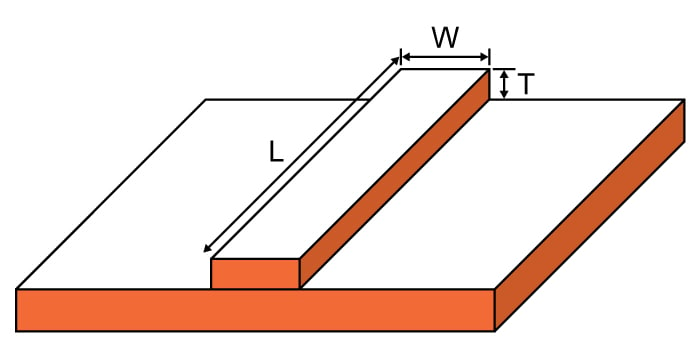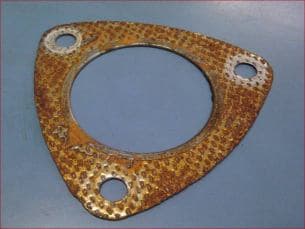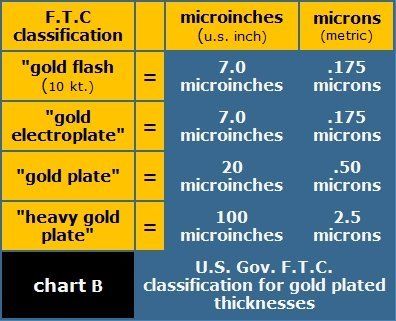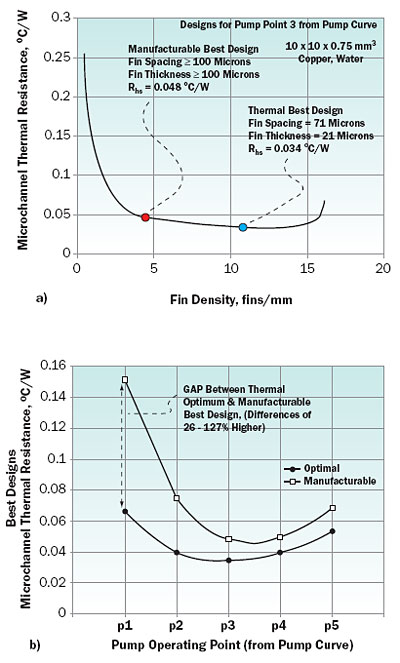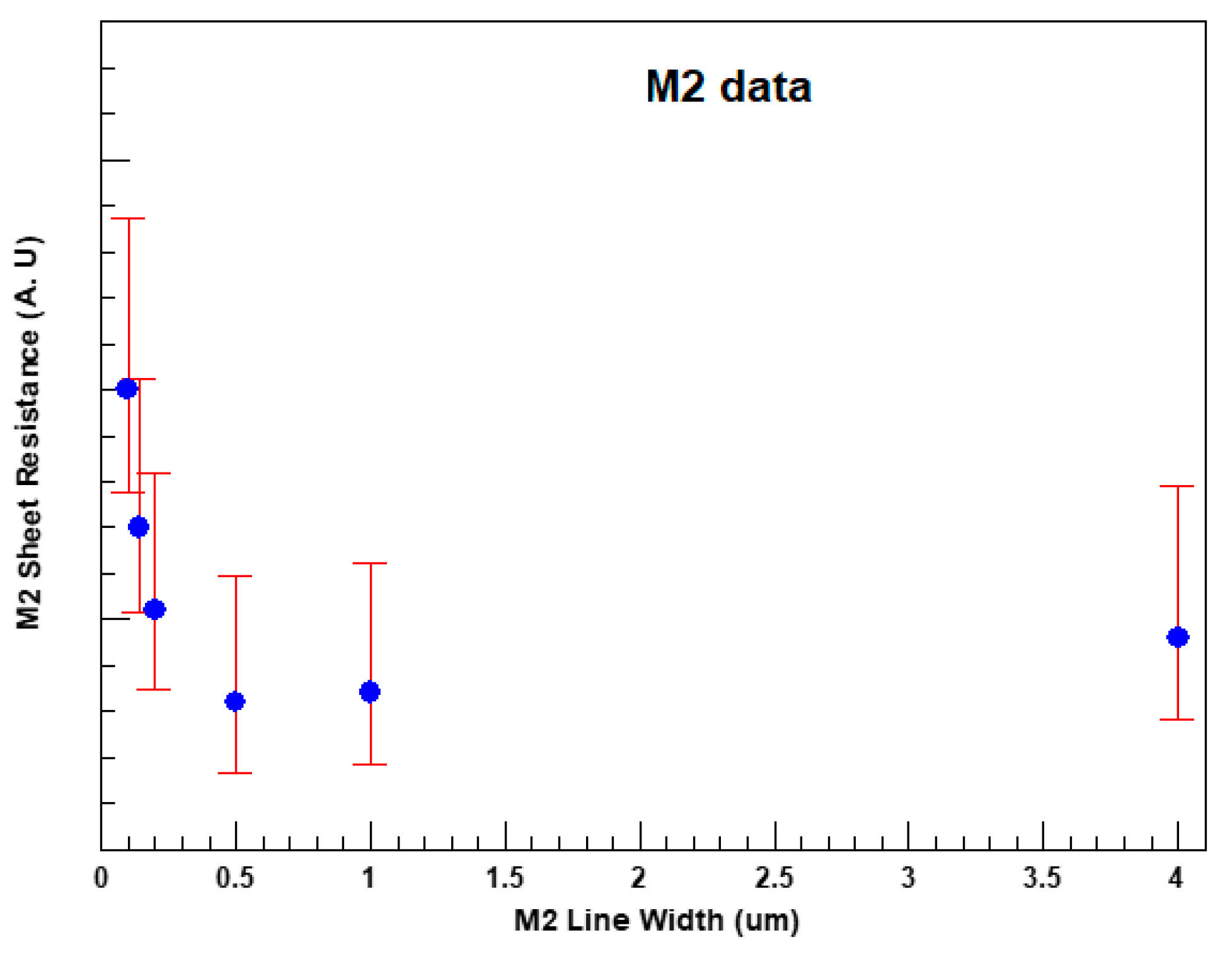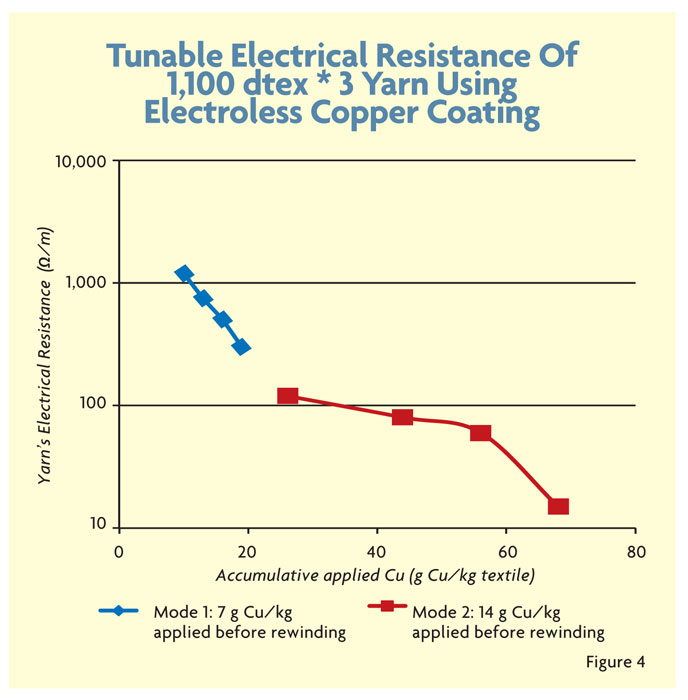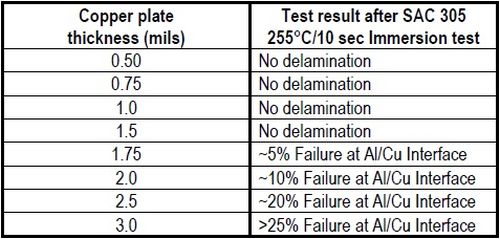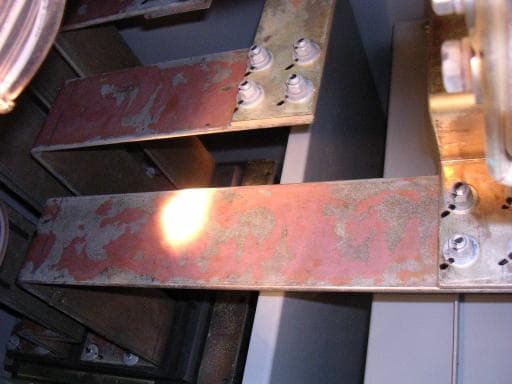It is commonly used to characterize materials made by semiconductor doping metal deposition resistive paste printing and glass coating examples of these processes are.
Resistance of a 3 micron thick sheet of copper.
To do this a 1 1 size image of your design is photo plotted onto a film.
When specifying the thickness of copper on printed circuit boards pcbs the usual metric is ounces.
Copper sheeting comes in thicknesses ranging from very thin copper foil to thick copper plate.
Because the production panels are completely covered with copper the excess copper needs to be removed to reveal your design.
Sheet resistance often called sheet resistivity is a measure of resistance of thin films that are nominally uniform in thickness.
The table also shows the approximate resistance per square which is the edge to edge sheet resistance of any size square area of that weight of copper.
Copper 35 microns thick 2 oz.
The pressure drop caused by the line resistance generated by the length of the wire must also be considered in the experiment.
If that trace is 1 2 ounce copper the dc resistance would be 1000 squares x 1 0.
The thicknesses commonly used in construction are between 8 and 32 ounces.
The unit of measurement used to identify the thickness of a sheet of copper varies e g gauge mil ounces per square foot inches millimeters.
70 microns thick 1 oz 0 035mm 1mil.
Below is a quick guide to help you determine which thickness best suits the needs of your project.
This is oz on each side.
For example the thickness of 12 ounce copper is such that every square foot weighs 12 ounces.
If your target finished copper thickness is 1 oz we ll start with a oz sheet of material.
